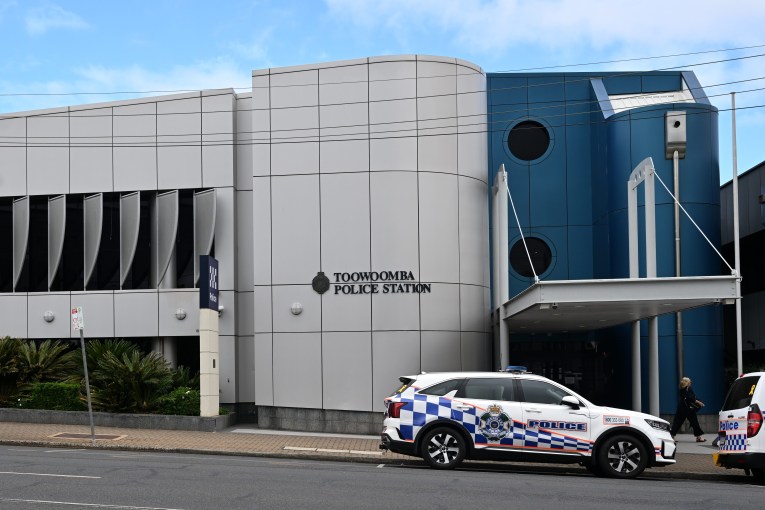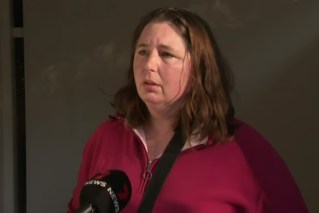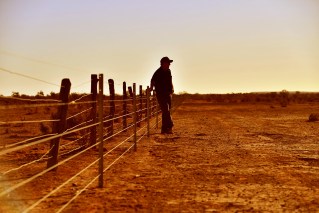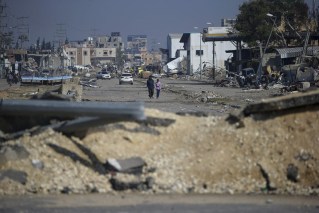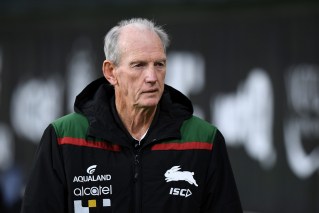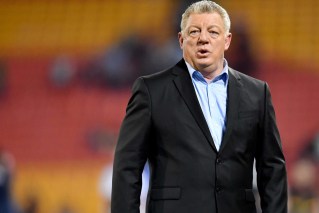Europe gets vaccine jitters; Aussies urged not to panic
The World Health Organisation is urging countries not to panic as Europe’s biggest nations suspend use of the AstraZeneca vaccine.
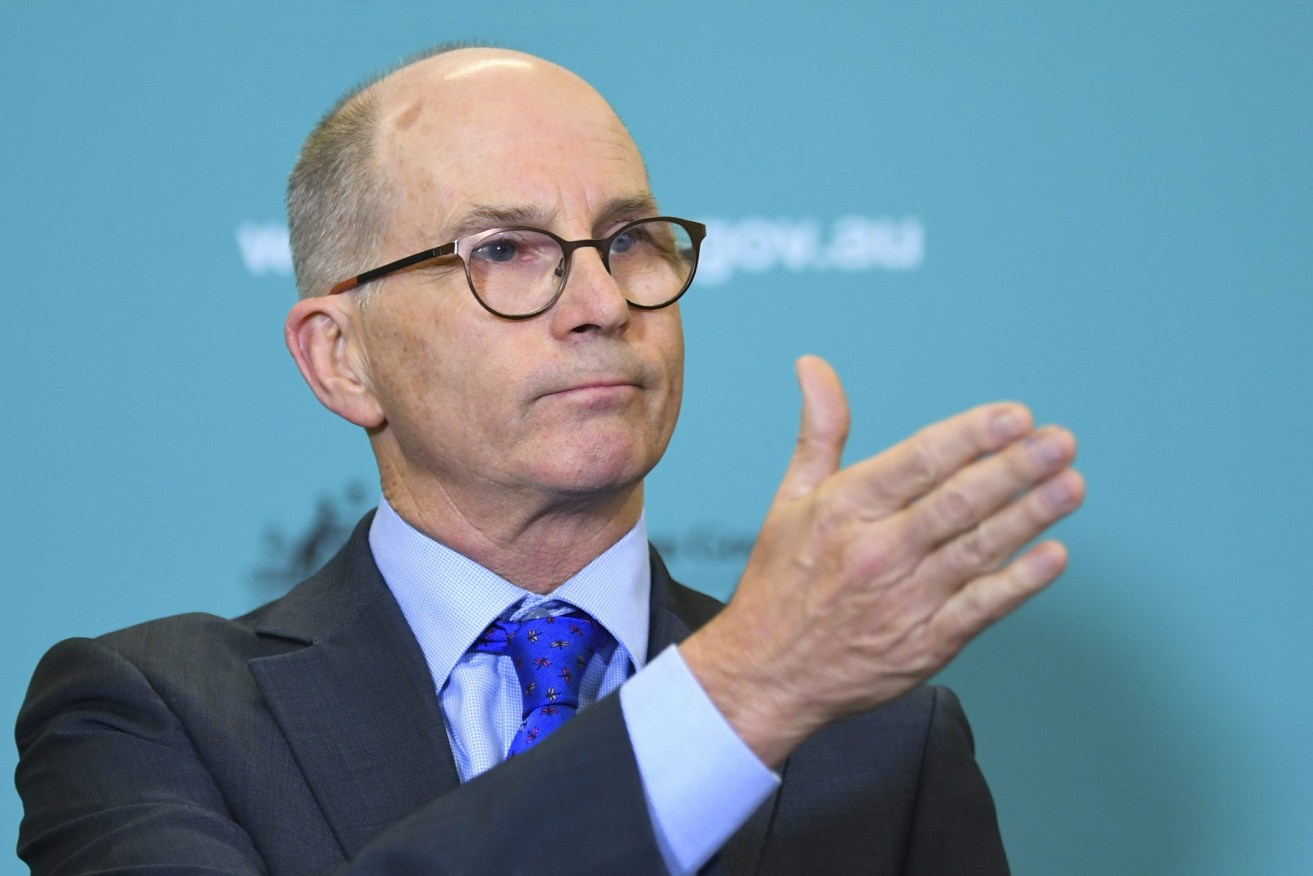
Chief Medical Officer Professor Paul Kelly. (AAP Image/Lukas Coch)
Germany, France and Italy have stopped using the vaccine over concerns about blood clots. The jab has been widely used in the UK with no major issues.
But after some patients developed countries in Europe, countries like the Netherlands, Denmark and Norway suspended the vaccine’s rollout.
There are no proven links between the vaccines and the clots.
The WHO is asking countries to continue using the jab.
Nationals senator Matt Canavan wants Australia to follow major European nations and stop using the vaccine.
“It’s time we do follow Europe and suspend our vaccine rollout,” he told Sky News on Tuesday.
“I don’t see how we could continue when basically the whole of Europe is worried about this vaccine.”
Canavan acknowledged the United Kingdom and Sweden were pressing ahead with their rollouts, but questioned whether it was the best approach in Australia.
“I don’t think all the capitals of Europe have been overtaken by anti-vaccine zealots,” he said.
He said suspending the use of AstraZeneca was a better option with Australia not facing an imminent threat from coronavirus.
“There’s obviously legitimate concerns here,” Canavan said.
Treasurer Josh Frydenberg said there were no plans to suspend Australia’s rollout, insisting it was safe to continue.
“Both the European equivalent of our TGA as well as the World Health Organisation have said that the AstraZeneca is effective,” he told ABC radio.
“They have not found any causal link between the vaccine itself and blood clots.”
Australia is rolling out the AstraZeneca vaccine and local production is ramping up, with more than 50 million doses to be produced.
Chief medical officer Paul Kelly maintains the vaccine chosen as Australia’s mainstay is safe and effective.
Most Australians will receive the AstraZeneca vaccine for COVID-19, the first doses of which have been imported, but most will be made by CSL in Melbourne.
Kelly said there was no evidence that the AstraZeneca vaccine caused blood clots.
“The AstraZeneca COVID-19 vaccine is effective, it is safe, and it’s a high-quality vaccine.”
Kelly said more than 11 million people had been vaccinated in the UK without evidence of an increase in blood clots.
He said while it was important to carefully monitor any unusual events, these incidents could not necessarily be blamed on vaccines.
Kelly spoke to British and European medicine regulators on Sunday night.
Because of Australia’s close working relationship with European counterparts, the Therapeutic Goods Administration was always one of the first to be notified about possible problems with coronavirus vaccines.
“As noted by the European Medicines Agency, the action taken by several European countries is a precautionary measure so that a full investigation can be rapidly conducted,” he said.
“Vaccination programs with the AstraZeneca COVID-19 vaccine are continuing in other countries.”
Kelly said Australia had strong and clear protocols around reporting adverse reactions.
WHO spokeswoman Dr Margaret Harris said findings in relation to the AstraZeneca vaccine would be released as soon as they were available, but a causal relationship to blood clots “has not been shown”.
“The panel had taken the position that the jab should continue to be administered, while an investigation of cases of these thrombo-embolic events is ongoing,” she said.
Federal and state health authorities are pressing ahead with the national immunisation program.
More than 164,000 people have now been vaccinated, including about 40,000 aged care residents across 437 facilities.
“Those numbers are growing every single day,” Health Minister Greg Hunt told parliament.
Mr Hunt is hopeful CSL will soon be able to manufacture one million doses of the vaccine each week.
